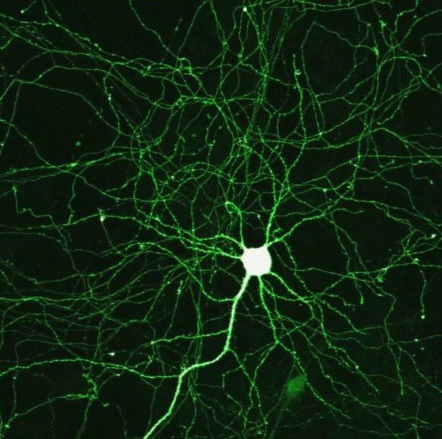My New Project – Cognitive Science Book on False Dichotomies
I haven’t mentioned this to many people until now, but I’m in the early stages of writing a book. I will be focusing on about two dozen false dichotomies that ill-define us. Much of my research involves cognitive linguistics and embodied cognition, but I will touch on many other areas too. Even though I’m just getting started, the process has been both exhilarating and exhausting. Two months ago, when I hit the go button on this project, I didn’t appreciate that this would turn out to be perhaps the most challenging project of my life—these ideas are spilling out of my computer and permeating many other parts of my life, including my practice of law, my art and conversations I’ve been imposing on close friends and random strangers. Throughout my life, I’ve often been told that I’m “different” in that I often crave conversation that challenges me. I've been told that I'm severely allergic to chit chat. I plead guilty to that, and it feels like this allergy is getting worse. It's difficult for me to stop thinking about this project these days.

My outline is currently 100 pages and it will probably get a lot longer before I start trying to distill and wrestle it into a couple dozen digestible chapters. I’m been actively outlining my book for two months. Reviewing the literature has often been like drinking out of a fire hydrant, even though I’ve been given a big assist from the past. I’m repeatedly feeling grateful that the younger version me decided to A) audit dozens of credit hours of graduate level cognitive science classes at Washington University and B) write about many of these topics for twelve years at this website. I wouldn’t have had the audacity to undertake this project without both of these investments. I conclude this even though I can now see that many of my prior writings were naïve and wrong-headed.
I’m lucky to be in a position to dedicate substantial chunks of uninterrupted time to this. It sometimes even feels like a calling, which sounds so terribly self-important. To temper this self-confidence, a voice in my head often whispers that this endeavor is only for my own satisfaction and that I don’t have anything of substantial value to add to ongoing vigorous worldwide conversations by numerous brilliant writers who have made careers doing deep dives into the human condition. That might be correct. We’ll see, but I’m still going to give this a try.
Why does this project speak to me? Once you wrap your head around the past several decades of research of cognitive scientists, once you are no longer merely passively enjoying these concepts, something transformative happens. Once you start breathing these concepts, feeling them in your bones and muscles, almost everything changes, and it can sometimes be scary. I remember a conversation 20 years ago with a close friend. We were discussing a paper I wrote on the role of attention on moral decision-making. I will never forget that look she gave me.
